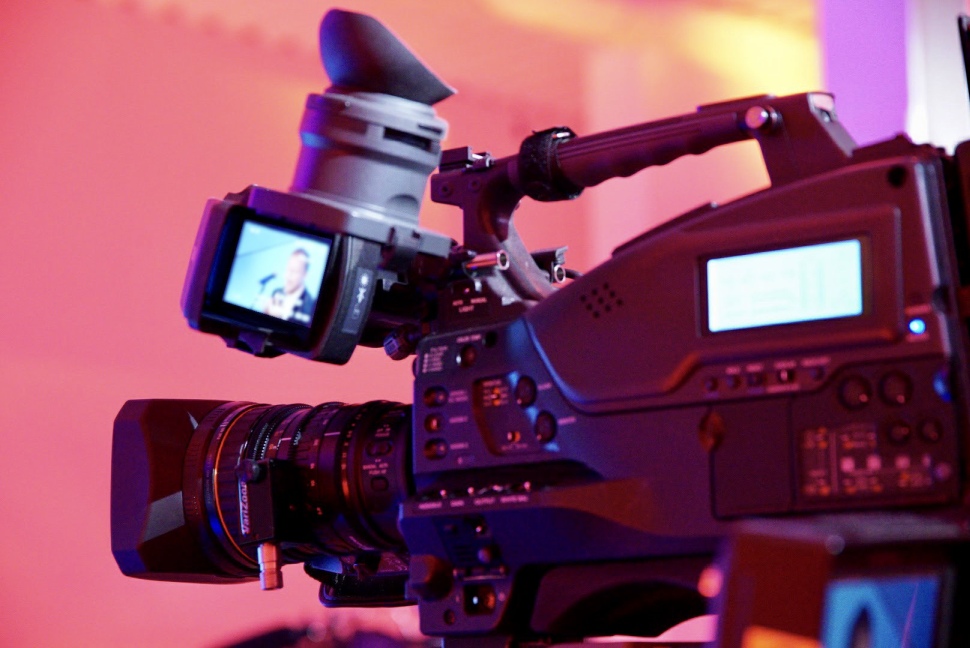Media training is a process of learning how to talk to journalists. It explains how to formulate thoughts and messages, and what to focus on. It provides you with confidence and understanding, which are crucial in communication.
These days, the necessity of communication is obvious for most people. There is a growing understanding that the operations of businesses need to be supported by adequate communication with their surroundings. Most managers are aware that being present in the media and building up the brand comes with measurable benefits. The so-called personal branding, i.e. establishing the faces that represent the company, is increasingly important as well. Managers and experts often drive the trust a company has. You can read more about this topic in the article written by my colleague Jacek Dembicki.
A key element of communication is to understand your partner and their intentions. Preparing for this process can help you avoid mistakes and prevent misunderstandings. When brining a message to the media, you need to familiarize yourself with that media. Before talking to a journalist, you need to understand their needs – what information are they looking for, and what do they care about? It’s a good idea to clarify your message and the effect you want to achieve. The point of media training is to strengthen good habits and refute myths that may have developed in the past. Practical exercises are a great opportunity to prepare for making public statements through defining communication goals and achieving them, regardless of any journalist’s attitude.
What will you learn during media training?
When appearing in the media, it’s not enough to have the right message. You also need to skilfully communicate it. Media training centres on answering questions to convey the intentions and values that you care about, or ones that represent your company or institution. Those key messages should appear in the interview regardless of how inquisitive the journalist is, and the responsibility for expressing them lies on the sender of the message.
The meetings discuss the qualities of popular media experts. You will gain knowledge about the language you need to use when talking with a reporter from a popular TV station, and what words to use when dealing with specialist press. You will understand whether familiarizing yourself with a journalist and making jokes on business-related topics is a good idea. You will learn how to select content that is worth communicating and identify relevant recipients for your message. The training will decrease your stage freight and allow you to learn from your mistakes faster. It will also raise the issue of authorizing statements and when such preventive practice is recommended.
Quality training is primarily based on practical exercises. This includes specific tips on how to deal with difficult questions from journalists and have conversations with an increased communication risk – regarding a company crisis, for example. During the question session it becomes clear why journalists ask such inquisitive questions and what methods they may use to get the answers they want.
Discover and utilize your predispositions
Some people find it easy to perform in front of a camera and microphone. Others need training to familiarize themselves with this new environment. There are also individuals who should interact with the media only in certain situations. The training verifies your predispositions to appear in the media, which helps to avoid costly errors in communication.
By knowing about the skills of individual people, a company can better divide the competencies of its communication department and organize it, so that everyone feels comfortable in their role. For example, a person who doesn’t feel comfortable in front of a camera and microphone, will often perform well in a 2-hour conversation with a journalist writing for an expert magazine.
There’s more to media training
This workshop verifies your skills and abilities, not only in terms of media appearances, but also when it comes to public speaking and the entire domain of communication. Practising public appearances is not limited exclusively to politicians before electoral debates – it may also benefit CEOs, managers and experts.
I will use an example of a certain company CEO that took part in the workshop while being certain that he’s not suited for communicating with the media. Soon he recognized such great potential in the training that he requested a whole series of additional meetings. His intentions were entirely pragmatic. He assessed that developing his communication skills would pay off during public appearances and business negotiations. Two months of training resulted in a greater sense of confidence for the CEO, and better understanding among his recipients.
Krzysztof Kurek – senior PR specialist at SAROTA PR, a long-time reporter and journalist at RMF FM, Radio Eska and Radio Zet, as well as a specialist in marketing and product PR. In his work as a journalist, he covered technological, business, economic, and capital market topics. For almost 20 years, he’s been teaching business and technology representatives, prosecutors, attorneys, judges, sportspeople and financial experts about self-presentation and media appearances.

